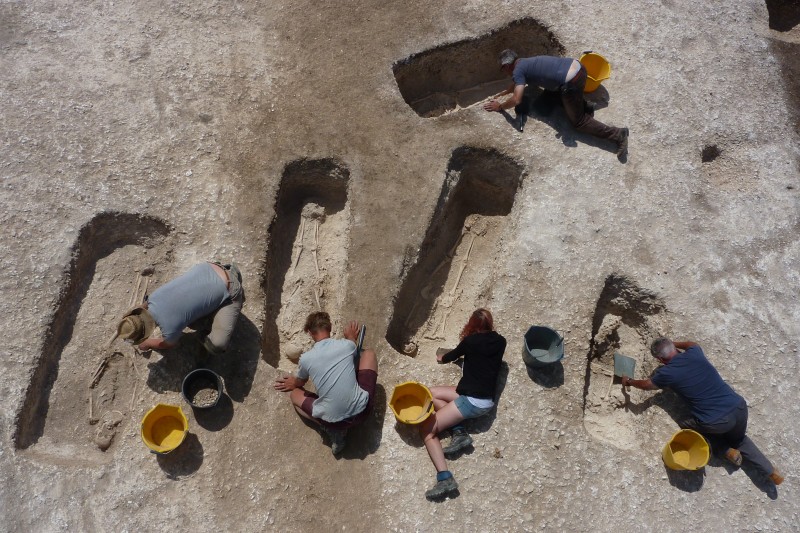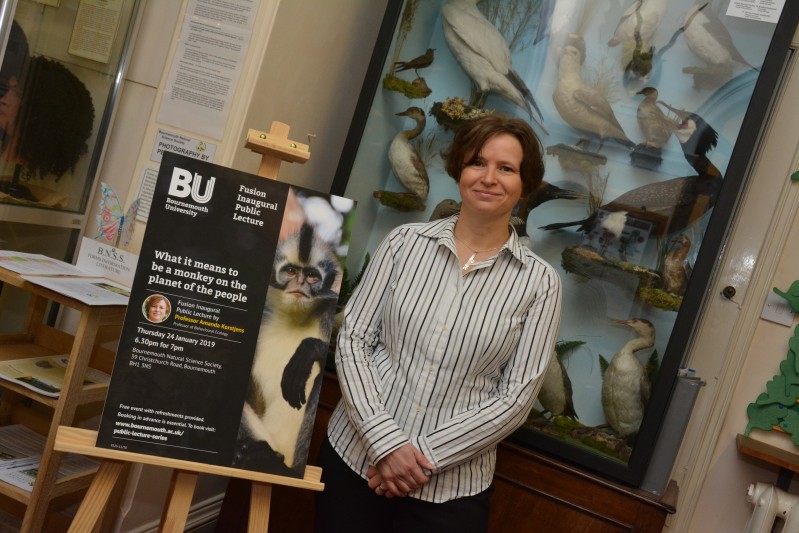We’re proud of the impact our research, education and professional practice has on the world around us, helping to support a more sustainable, inclusive and healthy society.
We’ve identified six core areas of strength which are cross-Faculty and interdisciplinary – meaning we can work collaboratively to tackle some of the biggest issues the world is facing.
These are areas with relevance and impact which will harness our energies and focus our work to inspire learning, advance knowledge and enrich society.
Helping people to live better for longer
Whether through our partnerships with regional health and care organisations, or our international research which is having an impact on knowledge and practice around the world, we help people live better, healthier lives and age well.
Our Ageing and Dementia Research Centre is helping to improve the lives of people with dementia and their families, while the Orthopaedic Research Institute (ORI) is exploring ways to better support patients with pain and enhance recovery.
We work hard to ensure that our research involves patients, practitioners and research users, so that we are responding to issues at the forefront of health and social care practice and influence policy on a regional, national and international level.
Our work is supported by the state-of-the-art facilities in the new Bournemouth Gateway Building, including an MRI scanner, enabling collaboration and joint research with healthcare partners.
Explore this theme
Helping protect and preserve a sustainable environment
We are helping to save endangered species, protect coastal and freshwater regions, and understand ecosystems, learning from the past to impact the future.
Our research has helped to protect the critically endangered humpbacked mahseer population in Indian rivers, while closer to home, we’re investigating how artificial reefs and rockpools could provide better habitats for sea creatures and increase biodiversity.
We’re also responding to the issues that climate and environmental change is causing our coastlines and ecosystems. The Institute for the Modelling of Socio-Environmental Transitions (IMSET) is exploring how ancient populations responded to changes in their environment, to see what lessons we can learn, while the Landscape Ecology And Primatology (LEAP) project is investigating the impact of tropical deforestation on mammals and primates.
Explore this theme
Preparing for and recovery from crisis
Our Disaster Management Centre has a long history of working with governments and organisations across the world to help reduce risks and build resilience for when disasters strike. This includes the AFRICAB project, which has increased resilience and capacity in countries such as Sierra Leone.
Teams in our Faculty of Media and Communication are researching areas of crisis communication, exploring how ethical and responsible reporting can help support communities in times of crisis.
Our cyber-security work – such as the EU-funded Echo Project - helps to ensure IT systems are safe and secure, while academics in our Business School are supporting financial resilience and the management of business crises.
Explore this theme
Challenging marginalisation, misinformation and under-representation
Our Centre for Seldom Heard Voices brings together academics from across different disciplines including social sciences and social work to engage with marginalised communities and to amplify often excluded or silenced voices.
We’re exploring how assistive technology can support people with additional needs, from developing more efficient and comfortable prosthetics to software which enables children with special educational needs to engage with art, music and creative activities.
We’re also looking at how large-scale events, such as the Paralympics, can affect perceptions of disability and disabled bodies, as well as the impact that hosting these mega-events can have on under-represented communities.
We’re working to help media organisations report ethically and responsibly on sensitive topics. The Suicide Reporting Toolkit co-authored by Dr Ann Luce recently received a Highly Commended award at the Times Higher Education Awards.
Explore this theme
Helping creative industries and cultural heritage to thrive
We help communities to appreciate and understand their cultural heritage and support creative industries to grow and develop. From making copyright law more accessible to helping visual effects seem more realistic, our research is making a real difference to those working in the creative industries.
BU research over the past 25 years has also been helping to uncover some of the secrets behind Stonehenge and enhance the experience of those who visit the site, while our design and engineering expertise has found ways to better preserve the historic vehicles on display at the Tank Museum.
Explore this theme
Using our expertise to be a catalyst for growth, boosting skills and advancing the region
We play an important role in the region, with our research underpinning our support and contribution. The university, its staff and students contribute £1 million a day to the local economy and we work closely with regional partners across research and practice.
Our knowledge exchange activity supports growth and innovation through business collaboration and our students work on live research briefs, providing valuable insights into business challenges.
Research in areas relating to business and finance generate an important impact for the local community, businesses and policymakers alike, while our tourism research is internationally recognised - helping to revitalise coastal resorts and model the economic outcomes of policy decisions.
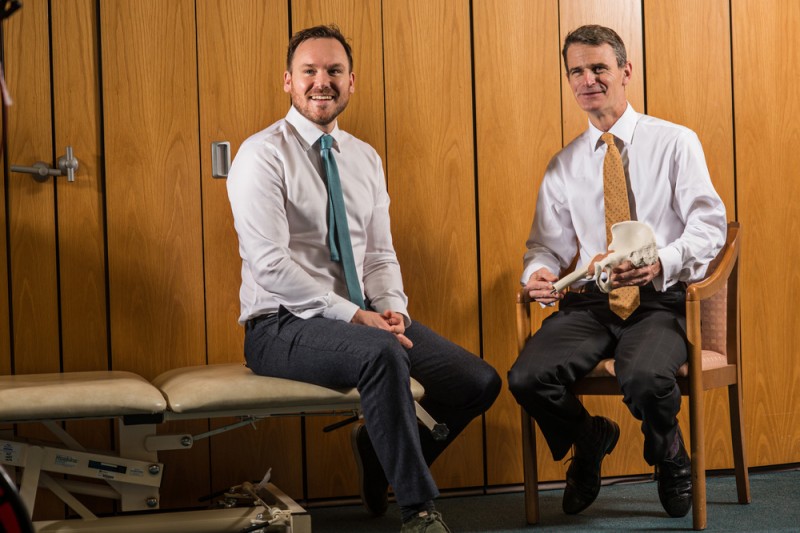 Professor Tom Wainwright and Professor Rob Middleton from the Orthopaedic Research Institute
Professor Tom Wainwright and Professor Rob Middleton from the Orthopaedic Research Institute 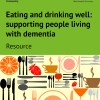
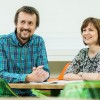

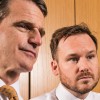
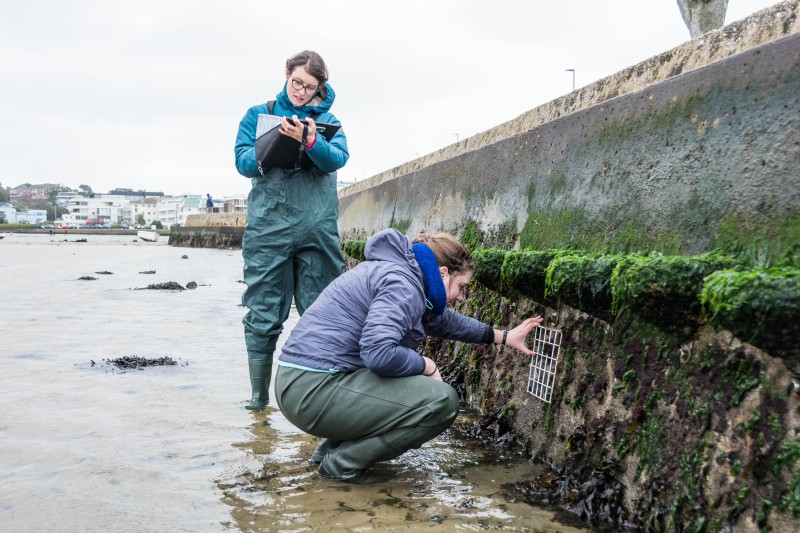 Investigating the artificial rockpools at Sandbanks
Investigating the artificial rockpools at Sandbanks 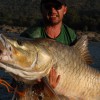
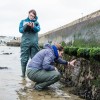
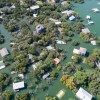

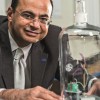
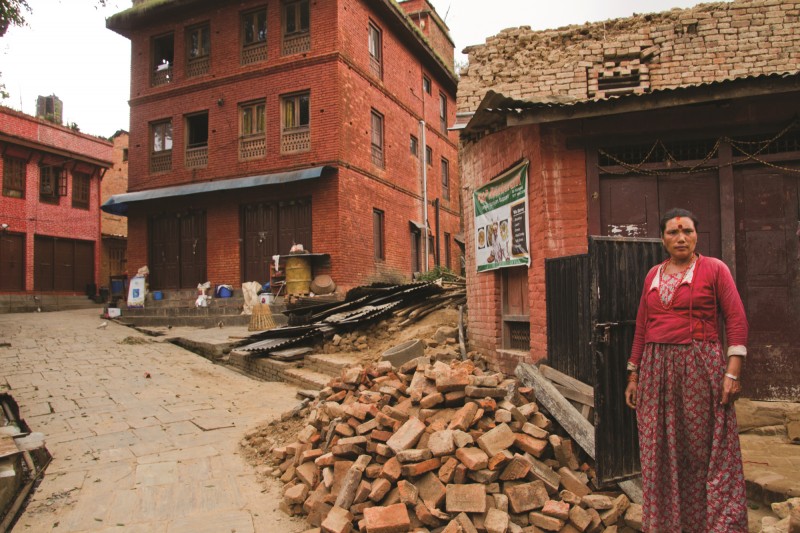 The Aftershock Nepal project captured stories following the 2015 earthquake that would otherwise have gone untold.
The Aftershock Nepal project captured stories following the 2015 earthquake that would otherwise have gone untold. 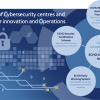
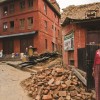

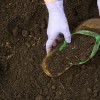
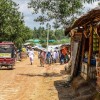
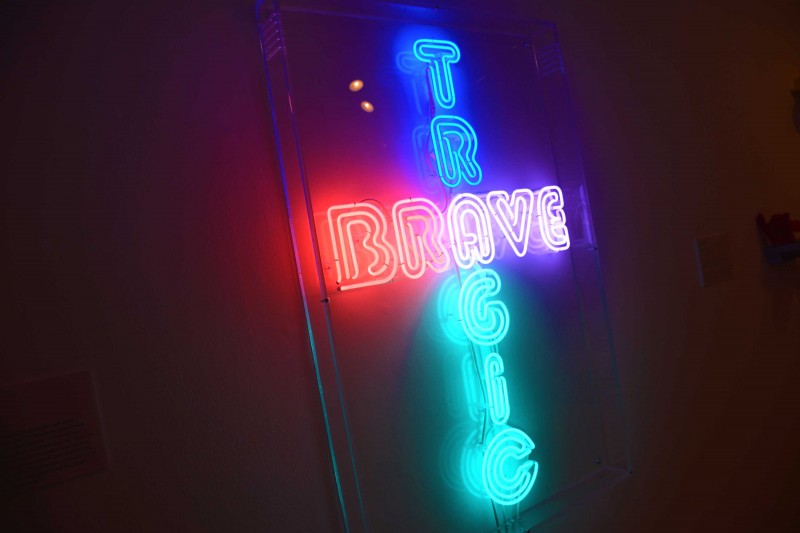 The bodyparts exhibition explored perceptions of disability
The bodyparts exhibition explored perceptions of disability 




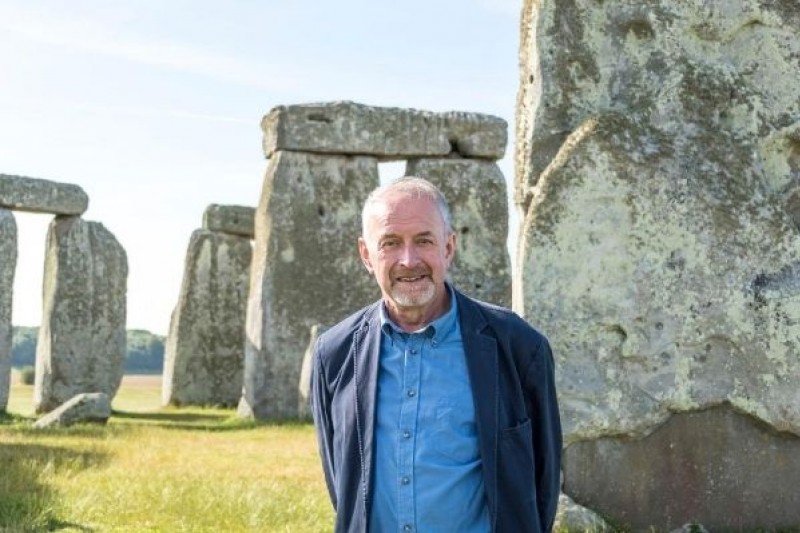 Professor Timothy Darvill at Stonehenge
Professor Timothy Darvill at Stonehenge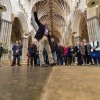

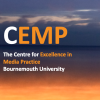
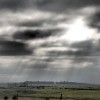

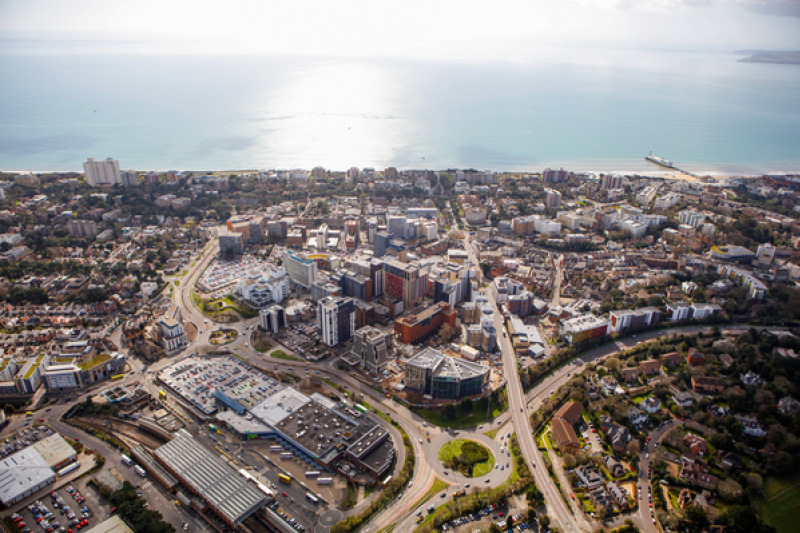 We play an important role in the region
We play an important role in the region





